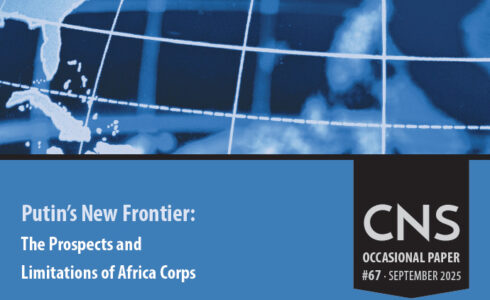
This study chronicles the emergence of Africa Corps and assesses its activities since summer 2023 in relevant African states.
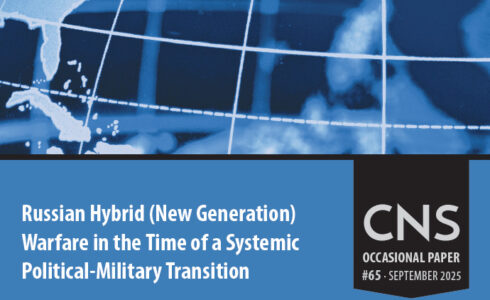
Perhaps the most important takeaway from this study is the conclusion that Russia’s ability to conduct hybrid operations is limited.
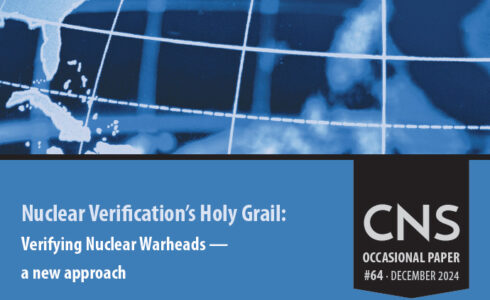
This paper presents verification methods, technologies, and measures that may be used to design a verification protocol for any type of warhead stockpile agreement.
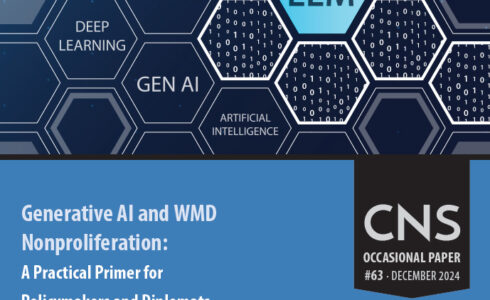
Policymakers and diplomats must urgently develop AI literacy to harness its benefits while safeguarding against potential misuse.
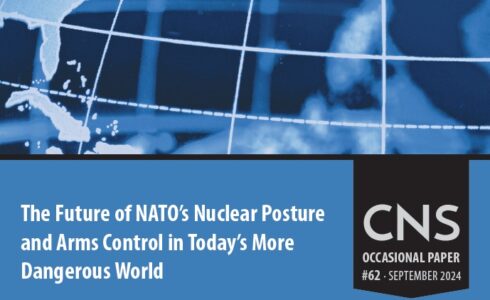
At the present moment, it is hard to see grounds for optimism when it comes to nuclear arms control or risk reduction.
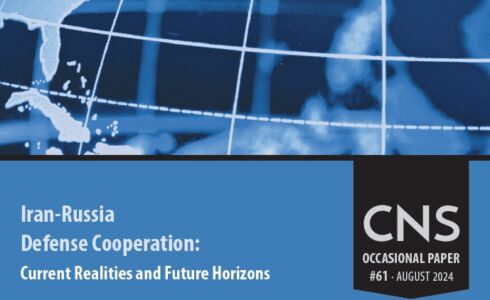
Since Russia’s full-scale invasion of Ukraine in February 2022, the country’s defense relationship with Iran has deepened and widened considerably.
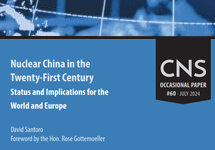
Concerns over China’s rapid nuclear arsenal expansion have prompted global efforts to assess its implications, especially for NATO’s security.
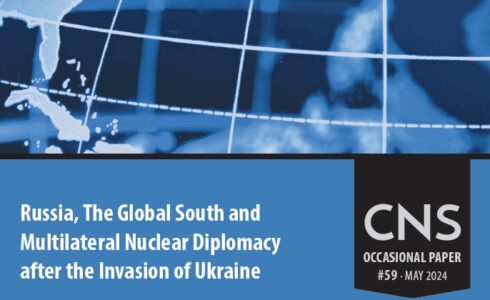
This paper assesses the impact of Russia’s war against Ukraine on multilateral nuclear diplomacy, with a particular focus on dynamics between Russia and countries of the Global South.